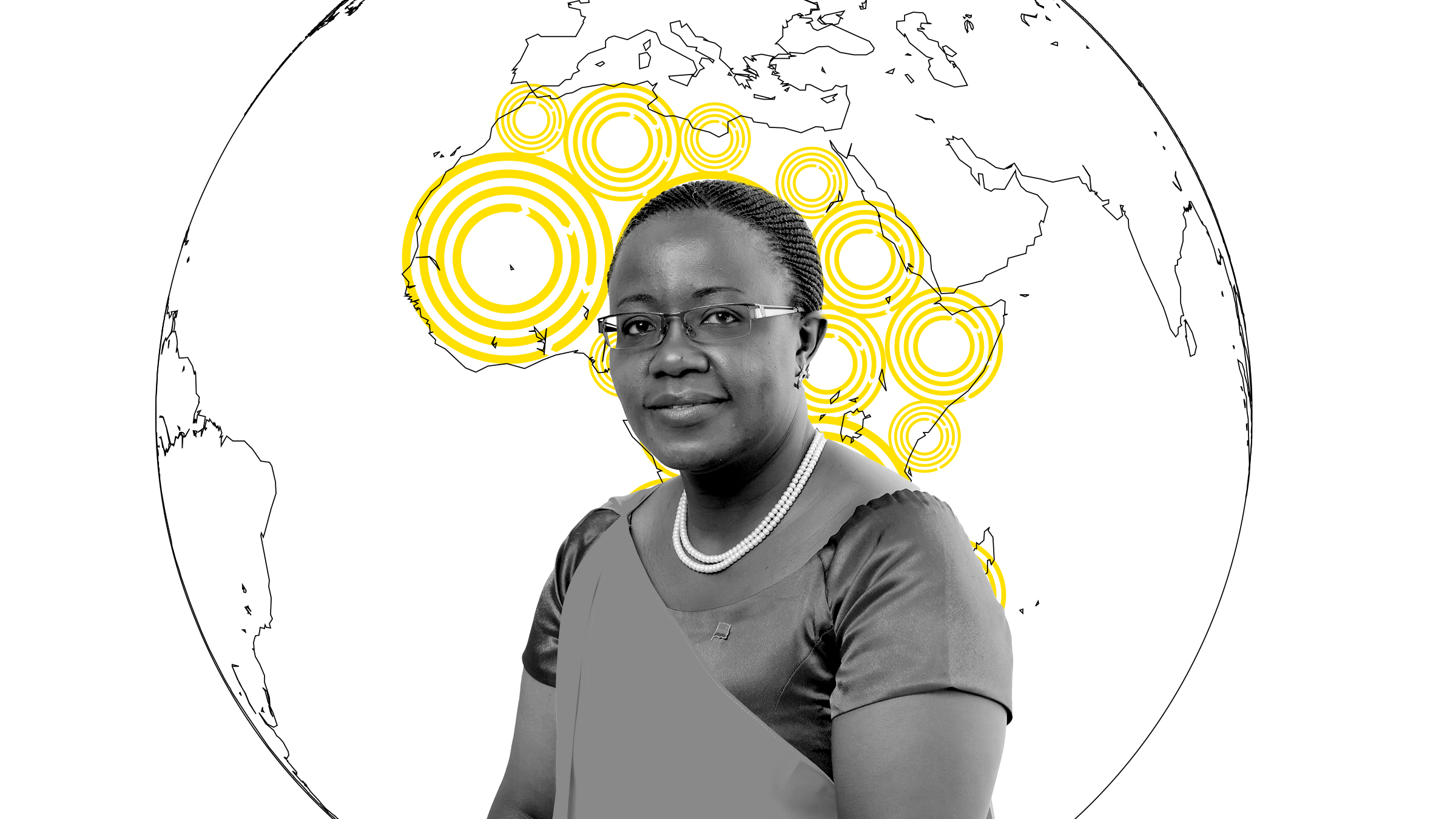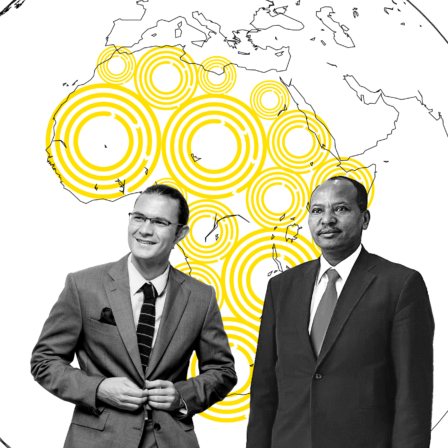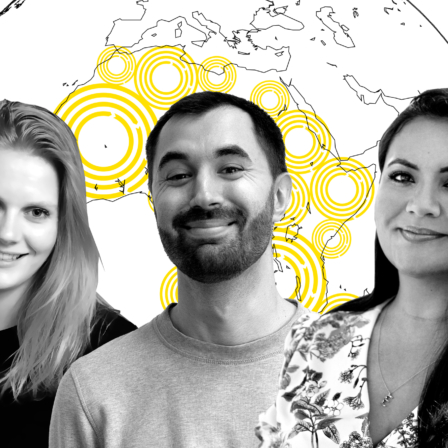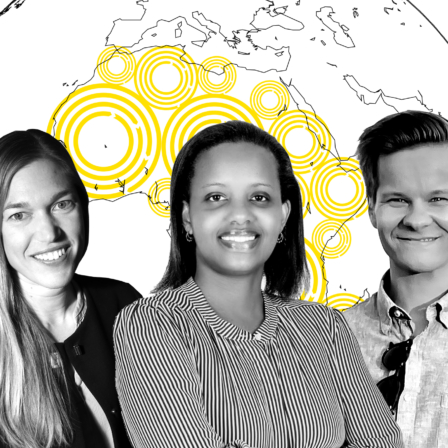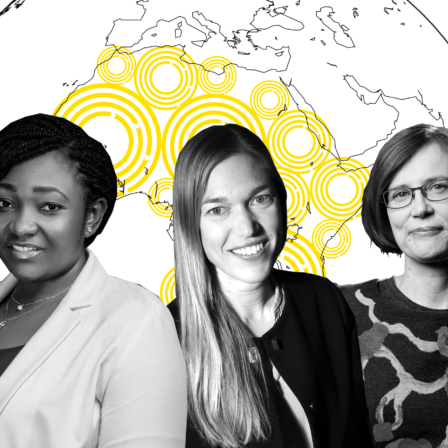Just a few weeks after COP27, the World Circular Economy Forum 2022 will open in Kigali, Rwanda. Nations finally agreed to establish a loss and damage fund to compensate those hurt by climate change, but the conference was light on major developments. Now hope turns to Kigali for the sixth World Circular Economy Forum (WCEF).
“This is the first time the WCEF has taken place in Africa and I am very enthusiastic about what we can accomplish,” says Jeanne d’Arc Mujawamariya, Rwanda’s Minister of Environment. “The circular economy is our greatest opportunity to supercharge green growth across the continent.”
Circularity provides sustainable growth
There used to be the idea that sustainability and economic growth were mutually exclusive. We could have one or the other, but not both. And, in fact, that was true when economic growth depended upon the old, wasteful linear economy.
But the circular economy plays by new rules. Minister Mujawamariya points out that circularity doesn’t only help us avoid a climate and biodiversity disaster, but it also offers revolutionary opportunities for socially fair economic growth.
“Biodiversity performs essential ecosystem services, but it is disappearing at an alarming rate. This threatens our well-being, including our health and economy,” she explains. “If we adopt circular solutions, we can avoid this disaster as we create green jobs and reduce unemployment.”
The creativity and idealism of youth
It is understandable if pessimism sets in. The goal to keep global warming to 1.5 degrees Celsius is probably now out of reach, although so far only scientists are openly admitting it. But Minister Mujawamariya hits back at this doom and gloom.
“Of course I’m optimistic,” she says. “Rwanda has a bright future because we are taking steps in the right direction. We make good use of our natural resources and are protecting our air and water. We are reducing waste and greenhouse gas emissions and protecting biodiversity. But we need everyone on board and we need action now. The time is now, if not yesterday.”
Africa is the perfect place to jumpstart the circular transition. In many places there is already a strong culture of reusing, reducing and recycling. Africa also has a young, innovative and entrepreneurial population.
“Youth brings creativity and idealism,” Minister Mujawamariya says. “The circular transition is only possible if the younger generation is equipped with the education and tools they need. They want a higher standard of living and greater consumption, but they want to do it in a smart way.”
Interested? Read more in our article series.
Challenges: bad policies and low investments
Two major challenges are policies and finances. This is true everywhere, including in Africa. Rwanda has taken steps to put in place policies to encourage sustainable growth, such as setting up a national circular economy action plan. Minister Mujawamariya also points to the Made in Rwanda programme, which supports sustainable, locally made products and green jobs. Yet financing might be an even tougher challenge.
“Investments are too low to drive a just and sustainable transition. Businesses can’t access the financing they need,” she says bluntly. “But we are working to overcome this as well. We have developed specific financial mechanisms to promote domestic and foreign green investments.”
The circular transition is not simply a response to a crisis, it is also a huge business opportunity. Many entrepreneurs in Africa are already experts in finding value in materials or processes others have overlooked. With the right financing and international partners, these solutions can be scaled up around the world.
Interested? Read more in our article series.
From Africa to the world
This is one of the big hopes for WCEF2022: providing the chance for the rest of the world to learn what Africa has already accomplished, as well as the great potential which remains untapped. The “African Opportunity” is not just an opportunity for the people of Africa, but also an opportunity for the rest of the world to learn from and partner with Africa.
“Rwanda and Africa have such a strong entrepreneurial spirit,” Minister Mujawamariya says. “When people come to WCEF2022 in Kigali, they will see how much we have achieved with so little. Just imagine what we can accomplish if we are equipped with more resources!”
